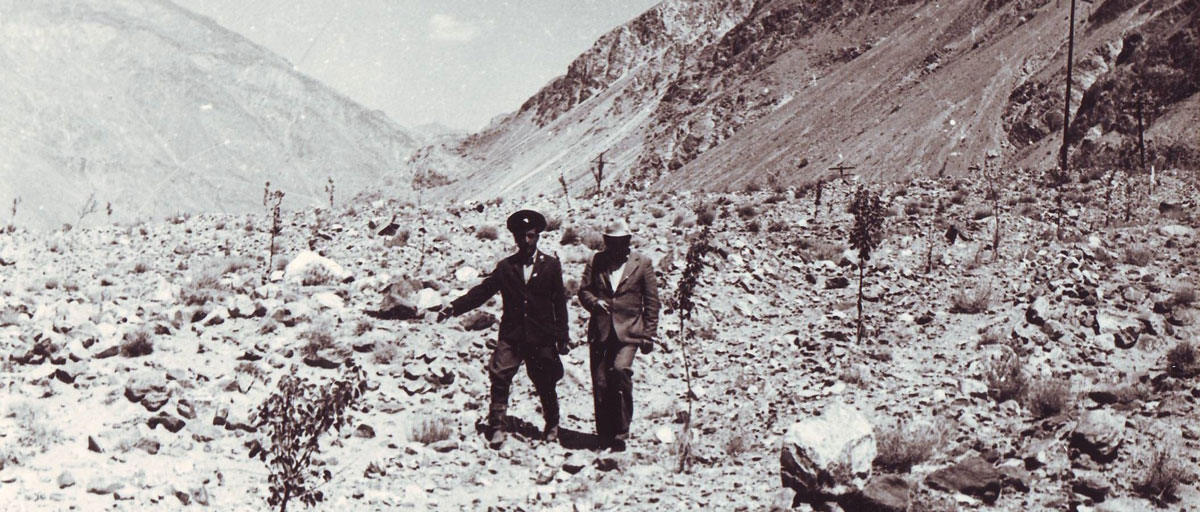Past management affects success of current joint forestry management institutions in Tajikistan
Summary
In the Pamir Mountains of Eastern Tajikistan, the clearance of mountain forests to provide fuelwood for an increasing population is a major source of environmental degradation. International development organisations have implemented joint forestry management institutions to help restore once-forested mountainous regions, but the success of these institutions has been highly variable. This study uses a multi-method approach, drawing on institutional analysis supported by Elinor Ostrom’s design principles and social–ecological system framework in combination with resilience thinking to help understand why some communities in Tajikistan manage their forests more sustainably than others.
The application of the design principles provided helpful guidance for practitioners implementing joint forestry management. The social–ecological system analysis revealed both ‘history of use’ and ‘tenant density’ as positively associated with forest condition. However, we also identify limitations of snapshot social–ecological assessments. In particular, we illustrate the critical importance of considering historical legacy effects, such as externally imposed centralised governance regimes (that characterise many post-Soviet states) in attempts to understand current management practices.
Our work shows how a more nuanced understanding of institutional change and inertia can be achieved by adopting a resilience approach to institutional analysis, focusing on the importance of reorganisation. Lessons learned from our analysis should be widely applicable to common pool resource management in other semi-arid forested landscapes as well as in regions with a strong centralised governance legacy.







